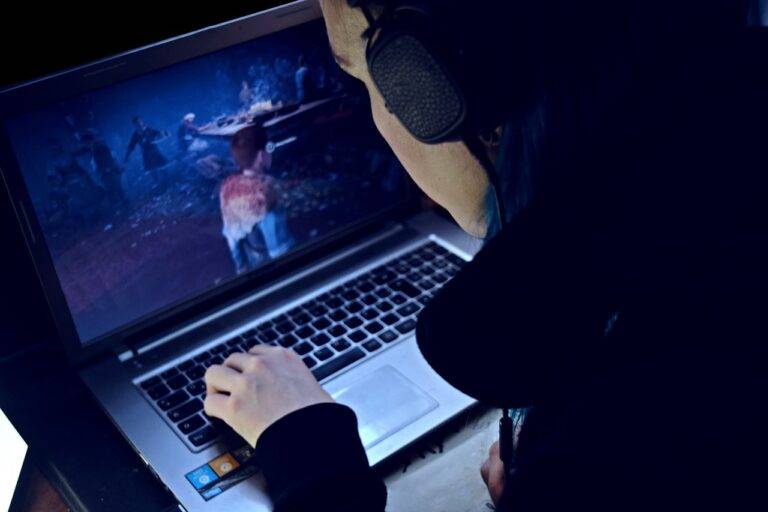The Impact of YouTube and Influencers on the Entertainment Sector
YouTube has undoubtedly emerged as a major player in the realm of entertainment content consumption. With billions of users actively engaging with a wide variety of videos each day, the platform has revolutionized the way people access and interact with media. From vlogs to music videos, tutorials to documentaries, YouTube offers a diverse range of content that caters to virtually every interest and preference.
One of the key factors driving YouTube’s prominence in the entertainment industry is its accessibility and democratization of content creation. Unlike traditional media channels, YouTube allows anyone with an internet connection and a camera to share their stories and creativity with the world. This openness has paved the way for a new generation of creators who are reshaping the landscape of entertainment, attracting millions of followers and influencing popular culture in unprecedented ways.
The Power of Influencers in Shaping Consumer Trends
In the fast-paced digital age, influencers have emerged as key players in shaping consumer trends. With their vast reach and persuasive abilities, influencers have the power to sway audiences’ opinions and preferences. Through engaging content and authentic connections with their followers, influencers can influence purchasing decisions and drive consumer behavior in various industries.
One of the main reasons why influencers hold such significant sway over consumers is their ability to create genuine connections and build trust with their audience. By offering personal insights, recommendations, and reviews, influencers can establish themselves as relatable and trustworthy sources of information. As a result, their endorsements and collaborations with brands can have a profound impact on consumer perceptions and purchase choices.
How YouTube Has Disrupted Traditional Media Channels
In the age of digital dominance, YouTube has emerged as a formidable disruptor of traditional media channels. With its vast library of user-generated content and the ability for anyone to become a creator, YouTube has democratized the realm of entertainment and information dissemination. Viewers now have the power to choose what they want to watch, when they want to watch it, a stark contrast to the scheduled programming of traditional television.
Moreover, YouTube’s global reach and accessibility have allowed creators to connect directly with their audiences, bypassing the gatekeepers of traditional media. This direct line of communication has revolutionized how content is produced, consumed, and shared, leading to a shift in the power dynamics of the media landscape. As a result, traditional media channels have been forced to adapt or risk becoming obsolete in the face of YouTube’s disruptive force.





